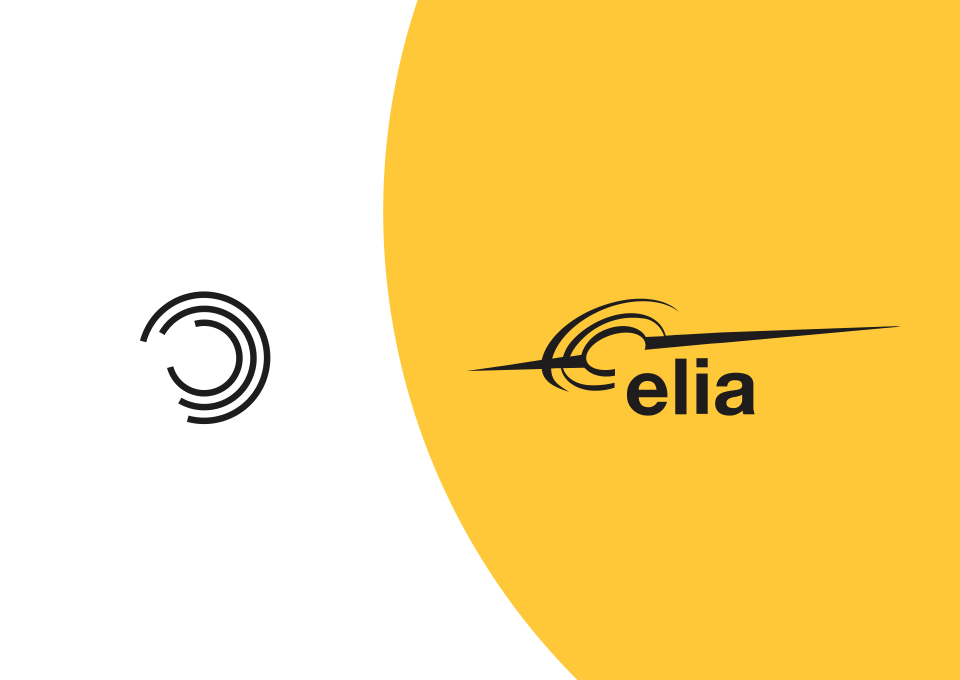Our rapidly growing digital economy is putting increased pressure on data centers around the globe. Rising carbon emissions from these data centers call for urgent action to ensure sustainability in digital infrastructure. To achieve this goal, we need collaboration across the entire energy value chain, along with increased transparency in terms of data on carbon emissions.
In partnership with the Elia Group and the Sustainable Digital Infrastructure Alliance (SDIA), we embarked on an experiment to devise smarter and more ecologically sound solutions for the digital sector. Our joint efforts culminated in a successful test that emphasized the potential for collaboration among various stakeholders in the digital ecosystem.
How can digital service providers help to speed up the green energy transition?
It is crucial that digital service providers play an active role in speeding up the transition towards sustainable digital infrastructure. To do so, we must first understand the challenges surrounding renewable energy availability as sun and wind energy fluctuate throughout the day.
One possible solution to this challenge can be load shifting, which enables services to distribute energy demand to times when renewable resources are most abundant, ultimately leading to lower carbon emissions. For some companies load shifting can be a powerful way to address their carbon emissions. However, for the vast majority of digital service providers, this technique is not practical. To illustrate this, let's have a look at the following exemplary load curves of some of our community members.
Ecosia
Ecosia is an Internet search engine based in Berlin which uses its profit to plant trees in different parts of the world. With an annual traffic of over 150 Million page visits, Ecosia is one of the Top 40 most visited websites in Germany. As of today, they have planted more than 174 Million trees.
The demand for their service varies throughout the day, and since search requests need to be answered immediately, there is no chance to delay a server response to wait for the wind to start blowing again. This means that a significant amount of carbon-intense energy is still needed to cover up for times when sun and wind energy are low as demonstrated in the following visualisation:

So, what else can service providers like Ecosia do?
When emissions cannot be reduced, we can always turn to financial measures like offsetting - or better, direct purchases of renewable energy to cover our electricity needs. Power Purchase Agreements (PPAs) enable companies to do just that. Another way are direct investments in renewable energy power plants.
Ecosia is a prime example for this approach, they go well beyond the efforts made by most other companies. Their commitment towards renewable energy is evidenced by their investments and initiatives:
Co-financing Solar Parks across Germany
Ecosia has actively contributed to the development and expansion of renewable energy sources by co-financing solar parks throughout Germany. This participation highlights their dedication to supporting sustainable energy production and promoting eco-friendly infrastructure.
Overachieving Energy Demand with In-house Solar Plants
Remarkably, Ecosia ensures that their services are powered by environmentally friendly means by covering a staggering 200% of their energy demand with their own solar plants. This impressive achievement showcases their commitment to reducing the environmental impact of their digital services and demonstrates the potential for other businesses to prioritize renewable energy in their operations.
But there is a catch: Annual vs. real time certificates
However, the existing system involving PPAs enables companies to meet their green energy needs on an annual basis, allowing them to "go green" at relatively low costs. This system fails to incentivise necessary investments in energy storage solutions and additional renewable power plants to achieve 100% renewable energy. An issue that must be addressed in order to make a meaningful transition towards truly sustainable digital infrastructure.
A New Solution by Elia Group: More Granular Certificates for Sustainable Energy
To address the shortcomings of the current system, the Elia Group is developing and testing a new market design that promotes the use of renewable energy in a more effective manner. This innovative approach involves selling renewable energy certificates in near-real-time increments, specifically, 15-minute chunks, as opposed to the traditional annual certificates.
By providing a more granular and responsive certification system, companies that genuinely want to lead on the renewable energy agenda can ensure that they are consuming green energy on a 24/7 basis. This new market design incentivises businesses to actively participate in the ongoing transition to a sustainable digital infrastructure and strengthens their commitment to promoting renewable energy as an essential part of their operations.

Experiment: Simulating Load Curves for LFCA Community Members and understanding the implications of adopting this new market design
During this experiment, we simulated load curves of our community members, such as Ecosia, in a custom hardware and software setup in a local data center in Germany. The SDIA, together with Boazvista created a fully monitored, public test bed and reference system - that covers everything from physical power consumption to lifecycle costs of the server itself, all the way to building and data center equipment.
Integration with Real Data on Green Energy Availability
The Elia Group, as the TSO for this region was able to provide as near real time data on the carbon intensity of the grid during the simulation. This simulation allowed us to observe real-world scenarios and consider the actual impact and costs of switching to the newly proposed granular certificates.
Experiment results Ecosia
// current costs for annual PPAs to cover the load
// estimated costs to cover the load with granular certificates
// => difference (additional costs to turn your service truly green)
Striving for a Greener Future
The success of this experiment serves as a reminder of the promising outcomes we can achieve through collaboration and innovation in the digital infrastructure realm. By working together to tackle the environmental challenges associated with digital services, we can create more sustainable and efficient solutions for future generations.
To ensure a greener future in digital infrastructure, we must continue to collaborate, innovate, and push for transparency in carbon emissions data. This will enable industry leaders to make informed decisions and invest in solutions that reduce the environmental impact of our digital services.
If you are interested in truly greening your digital infrastructure by moving from annual certificates or offsets to real time certificates, please get in touch with Sebastiaan from the Elia Group.

